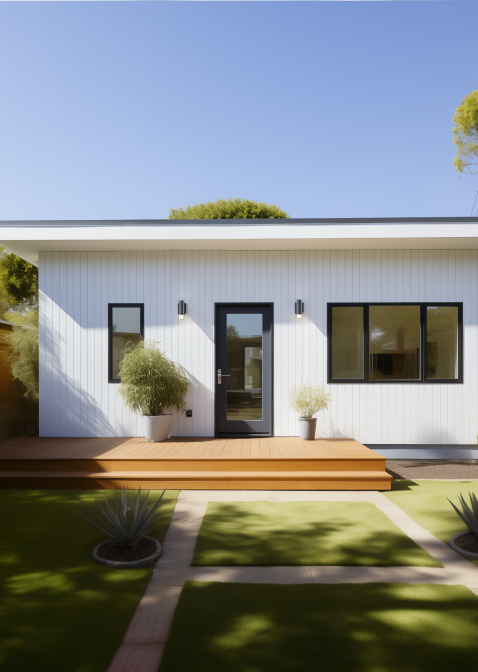ADU septic structures provide additional living space on a property, often as a separate unit from the main house. However, with this additional space comes the need for additional utilities, including septic systems. Choosing the right septic system for an ADU is crucial for the proper functioning of the system and the health and safety of the occupants.
In this article, we will explore the various types of ADU septic systems and their implications and drawbacks.
When choosing a septic system for an ADU, it is important to consider the needs and limitations of the property and the occupants. Factors to consider include the soil type, water usage, and maintenance requirements. It is also important to work with a licensed professional to ensure that the system is properly installed and meets local regulations.
Here’s a list of options that are said to be most effective in choosing ADU septic systems:
Drawbacks of Septic Systems for ADUs
One potential drawback of septic systems for ADUs is that they can be costly and require regular maintenance. Traditional septic systems, in particular, necessitate excavation and installation of a large septic tank and drain field, which can be expensive and require significant labor.
Additionally, septic systems require regular pumping and inspection to ensure proper function and avoid costly repairs. This can be especially challenging for ADUs that are not occupied regularly, as septic systems may become overloaded and require more frequent maintenance.
Furthermore, septic systems can have negative environmental impacts if not properly maintained or if they fail. Improperly maintained septic systems can result in leaks of untreated wastewater into the surrounding soil and water systems, which can cause harm to local ecosystems and pose a risk to human health.
What is more, septic systems can contribute to groundwater pollution and increase the likelihood of harmful algal blooms in nearby bodies of water. In some cases, septic system failures can result in costly clean-up and remediation efforts, as well as health risks for occupants and neighbors. As such, it is crucial to ensure that septic systems are installed and maintained properly to avoid negative environmental impacts and potential health hazards.
Ultimately, determining the ideal septic system for an ADU necessitates thoughtful reflection and assessment. While traditional septic systems are successful, they often incur high costs and demand significant upkeep. Composting toilets, greywater systems, and modular septic systems each offer valuable alternatives, but each system comes with its own benefits and limitations.
In the end, the septic system decision will hinge on the unique prerequisites and constraints of the property and its inhabitants.
There are several categories of people who may benefit the most from ADU septic systems. One category is aging or elderly individuals who prefer to downsize and live on their own property while remaining close to family members. ADUs can provide an affordable housing option that allows them to maintain their independence while having support nearby. Another category is young adults or students who need affordable housing options while pursuing education or career opportunities.
Additionally, ADUs can provide a housing solution for people with disabilities or special needs who require specific modifications to their living spaces.
Overall, ADU septic systems can offer a flexible and affordable housing option for a variety of individuals and situations.











